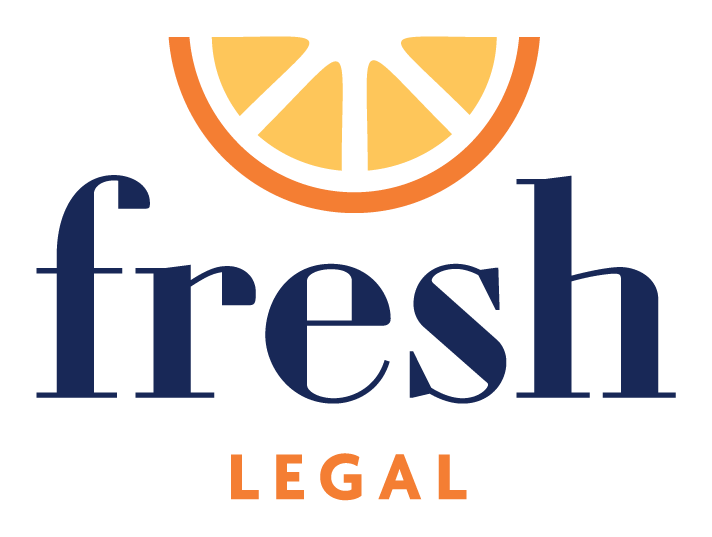Changing Your Child’s Name After Separation/Divorce
Can I change my child's name after separation?
If you are considering applying to change your child’s name, there are several things that you should take note of. In this post, we will discuss how your custody order or agreement affects the steps you must take to change your child’s name.
The Change of Name Act governs how you can change your child’s name. Under the Act, unless your order or agreement prohibits the change, you may apply to the Registrar General to change your child’s forename, surname, or both. Your Order or Agreement may give you sole custody, but it may prohibit the name change or require your ex to consent.
If you do not have sole custody, or your agreement or Order says you need the other parent’s consent, you must obtain the consent of any other person with lawful custody of the child. If they do not provide consent, you can apply to the court to have them dispense with consent. In order to be successful, you must show that the change will be in the child’s best interests.
It is important to also note that if your child is 12 or older, you must also obtain their consent.
I have sole custody, and don’t need consent from my ex. Do I need anything else?
You also need to look at whether your order or agreement gives access to either your former spouse or anyone else (e.g. grandparents). If it does, then you must give them notice of the application to change the child’s name. They cannot stop prevent you from applying for the name change, but if they object they can bring an Application to prohibit the change under the Children’s Law Reform Act.
If you are changing your child’s name to that of your new spouse, you must also give your new spouse notice of the application.
What if I want to prevent my spouse from changing our child’s name?
If you want to bring an Application to prevent the name change, you must prove to the court that prohibiting the change would be in the child’s best interests.
What does “best interests” mean in this case?
Case law has developed a set of factors that the court looks to when determining the issue. They are:
Whether the proposed name change will exclude the name of the non-custodial parent.
The length of time a custodial parent has had sole custody of the child.
Whether there is a continuing close relationship between the child and the non-custodial parent.
Whether there would be any serious effect on the non-custodial parent.
Whether either parent has displayed malice or improper motivation.
The age of the child and the weight to be given to the child’s wishes, in light of that age.
The length of time that child has had its name.
The surnames of any siblings.
The application and process information for changing your child’s name in Ontario can be found on the Service Ontario website here. If you need assistance with this process, do not hesitate to contact us.

